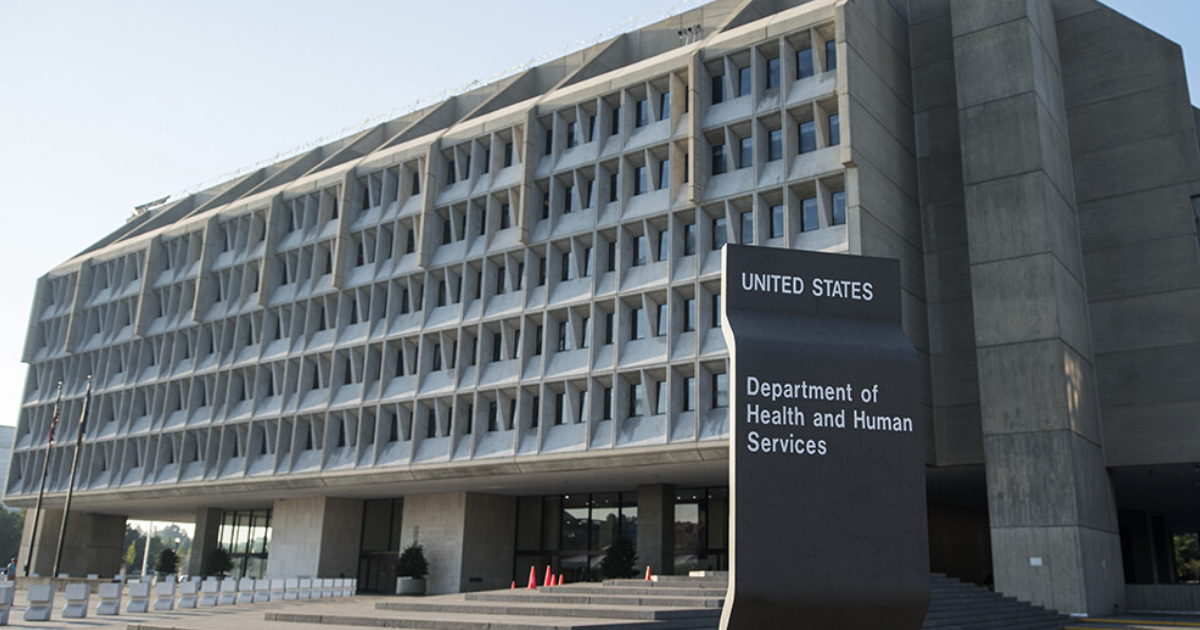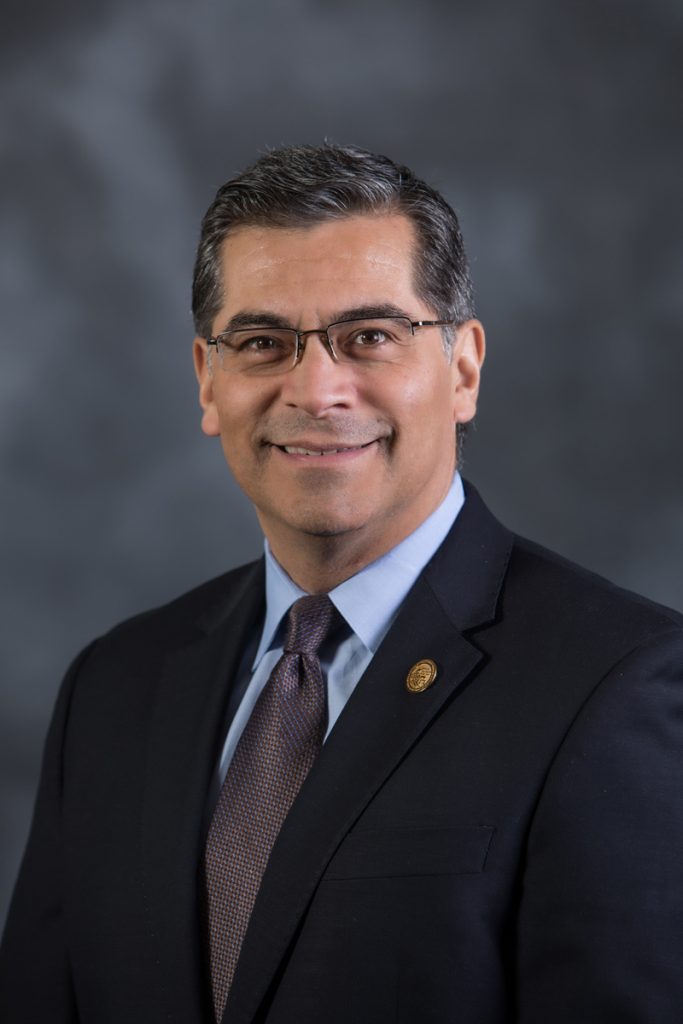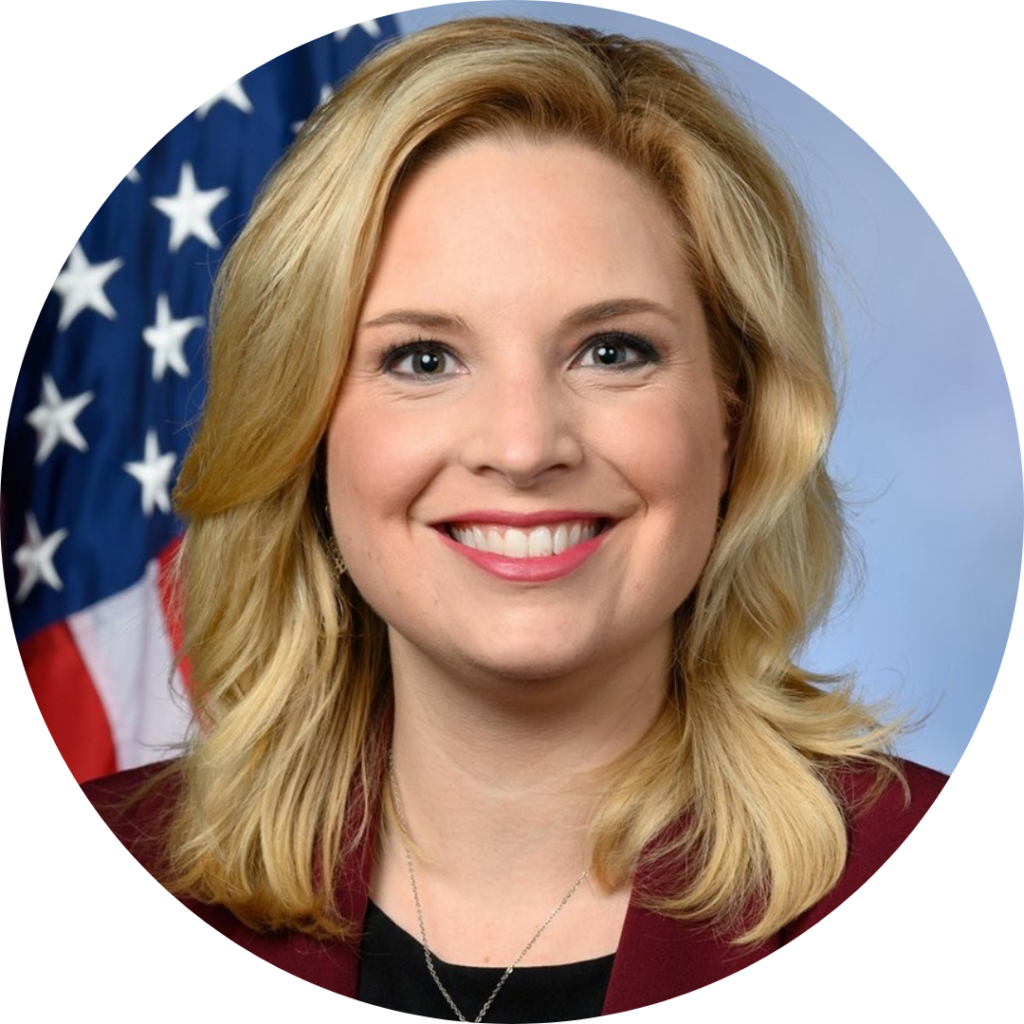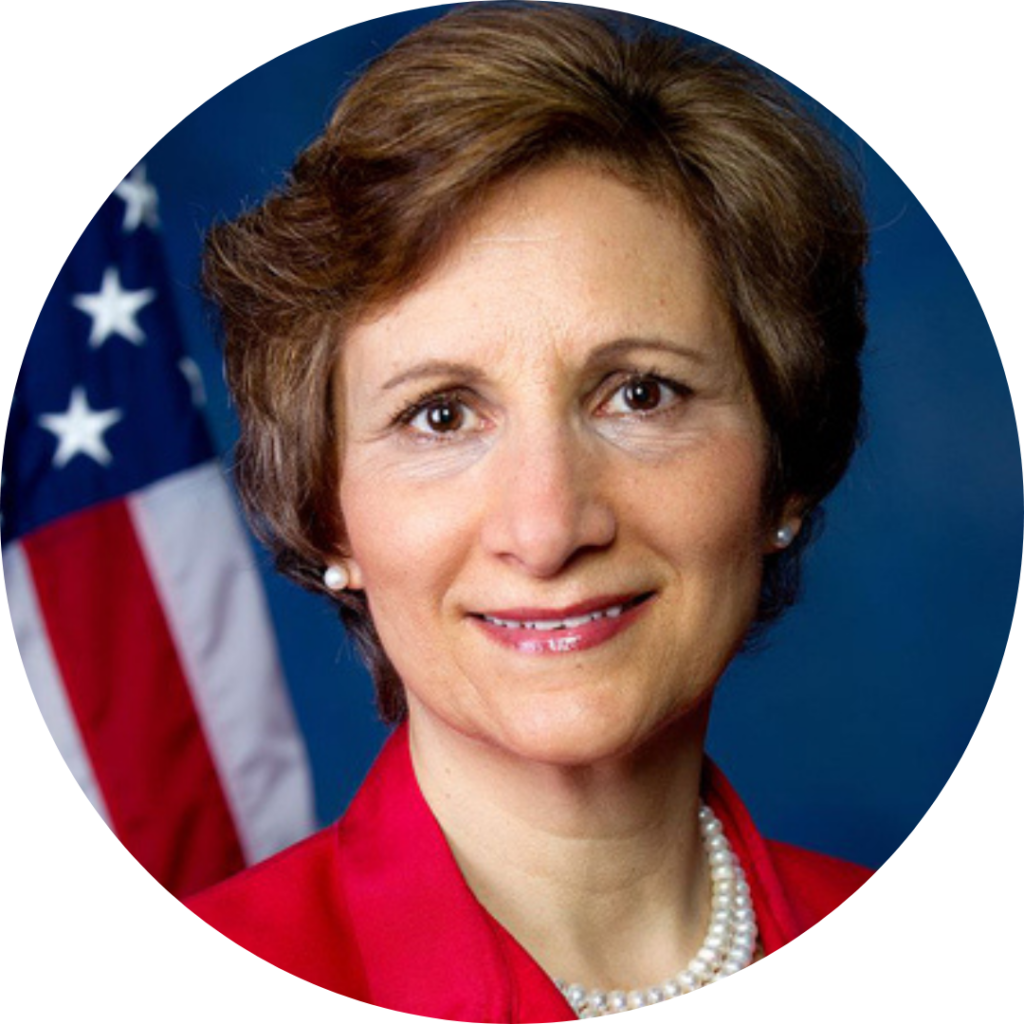During HHS Confirmation Hearings, Becerra Emphasizes Importance of Federal Early Learning and Care Programs


Child care and early learning were in the spotlight during Health and Human Services nominee Xavier Becerra’s recent Senate confirmation hearings. During his opening remarks to the Senate Health, Education, Labor, and Pension (HELP) and the Senate Finance Committees, Becerra singled out the Head Start program and child care as key priorities should he be confirmed.
“I want to work with you supporting our vulnerable children, those in foster care, strengthening Head Start and expanding access to child care. [W]e must restore faith in our public health institutions; that starts with putting science and the facts first and showing respect for our career workforce,” Becerra said.
In response to Senator Tina Smith’s (D-MN) question about his child care priorities as Secretary of Health and Human Services, Becerra spoke about the need to support the child care industry amid the pandemic. “We need to stabilize this field because child care providers have been one of some of the hardest hit in America because of COVID, and the services they provide — especially when they’re done well and safely — are indispensable to the rest of America that needs to get back to work. I hope to work with you if I’m fortunate to be confirmed, to try to move on this because… America realizes how important our child care workers are to our livelihood, to our economy.”
Becerra went on to praise the work of child care providers and educators, saying, “I think the COVID pandemic has made clear to so many Americans how indispensable child care workers are and how they’re worth their weight in gold. I hope that what we see as a result of COVID is a true recognition of the value of child care workers, of our teachers and reward them properly so that we can make sure that we have the professionals we need taking care of the future leaders, perhaps a future President, future Senator.”
Becerra also spoke about his commitment to maternal health programs and other federal programs that provide families, particularly low-income families, with the support and resources they need to provide the best care and education for their children.
If confirmed, Becerra would lead the federal agency that administers programs related to health, safety, and well-being of the United States, including many of the nation’s core early learning and care programs.
Some of the best known federal early learning and care programs under the direction of the Department of Health and Human Services include:
Head Start and Early Head Start
- Head Start is a federally funded program that delivers comprehensive early learning, health, nutrition, and family support services to children ages 3 through 5 living in poverty and their families. Early Head Start is a federally funded program that provides intensive, comprehensive child development and family support services to low-income infants and toddlers under age 3, pregnant women, and their families.
Child Care and Development Block Grant (CCDBG)
- Provides federal funding to states for child care subsidies for low-income families with children under age 13 and allows for flexibility to pair state and federal funds to improve the overall quality of child care available to families within existing state and local systems.
Maternal, Infant, and Early Childhood Home Visiting (MIECHV) program
- Provides federal funds to states for voluntary, evidence-based home visiting services. Voluntary home visiting programs, like those made possible by MIECHV, pair families who often have limited support and resources with trained home visitors such as nurses, social workers, and educators.
Preschool Development Grant Birth through Five (PDG B-5)
- Co-administered by the U.S. Department of Education, this $250 million competitive federal grant is designed to improve states’ early childhood systems by building upon existing federal, state, and local early care and learning investments.
Temporary Assistance for Needy Families (TANF)
- Provides grants to states to design and operate programs that accomplish one of the purposes of the program. Specifically, TANF plays a crucial role in offering relief to low-income families through increased access to child care and early education opportunities, which helps parents to enter or return to the workforce.
Subscribe to FFYF First Look
Every morning, FFYF reports on the latest child care & early learning news from across the country. Subscribe and take 5 minutes to know what's happening in early childhood education.



